Where sustainability is not just appreciated but expected, businesses in Canada and across the globe are striving to align their operations with environmental standards.
However, with the increase in ecological awareness comes the temptation for businesses to engage in greenwashing – making misleading or unsubstantiated claims about the environmental benefits of their products, services, or practices.
Recognizing the importance of authenticity in environmental claims, Canada has taken a firm stand against greenwashing through Bill C-59.
Let’s explore what this means for your business and how you can steer clear of greenwashing while remaining compliant with Canadian regulations.
What is Greenwashing?
Greenwashing is conveying a false impression or providing misleading information about how a company's products are more environmentally sound. Greenwashing capitalizes on the growing demand for environmentally friendly products, misleading consumers into believing that a company's products are environmentally friendly or have a greater positive environmental impact than they do.
Common Examples of Greenwashing

Exaggerated or Empty Claims
Promising environmental benefits without the data to back them up can mislead consumers. For example, claiming a product is "100% eco-friendly" without specifying how or providing proof undermines credibility.
Overstating Ambition
Another form of greenwashing is misleading readers about the ability to execute strategic environmental objectives. For example, stating a goal to be "carbon neutral by 2025" without a clear, actionable plan is misleading.
Selective Disclosure or Hidden Trade-offs
Highlighting one eco-friendly aspect while ignoring significant environmental impacts is a common tactic. For instance, promoting a product's recyclable packaging while ignoring the carbon footprint of its production is deceptive.
Data Omissions
Failing to provide scope limitations, analysis types, or methodologies in environmental performance data is misleading. For example, energy companies may highlight reductions in emissions without disclosing that these figures exclude certain activities or outdated information.
Irrelevant or Misleading Graphics
Using visuals that suggest eco‑friendliness without substantial evidence is another tactic. For example, retail companies might use images of green fields and trees to imply environmental benefits that don’t exist, including highly polished marketing visuals or images generated by AI that depict 'green' scenes without any real sustainability data behind them.
Vague Wording
It is misleading to use unspecific goals or targets that cannot be measured or held accountable. For example, mining and infrastructure companies might use phrases like "committed to sustainability" without clear metrics.
Bill C-59’s Stance on Greenwashing
Overview
Bill C-59, also known as the Fall Economic Statement Implementation Act 2023, represents a significant step forward in Canada’s effort to combat greenwashing. By amending sections of the Competition Act, businesses must substantiate their environmental claims with adequate and proper testing, aligning with internationally recognized methodologies. Any environmental claims businesses make must be backed by scientific data and credible evidence, ensuring that consumers receive accurate information.
Why is Canada implementing Bill C-59’s greenwashing regulations?
“The Canadian government has committed to achieving net-zero greenhouse gas emissions by 2050, aligning with international climate targets and reinforcing its stance on sustainability"
The EY Future Consumer Index Survey also found that “there is a sustainability education gap among consumers — 73% say they need more information to make better choices when shopping. As a result, sustainable products and services face perception challenges, with many consumers deterred by concerns around high prices (71%), poor quality (67%) and lack of trust due to deceptive marketing (66%).”
How do Bill C-59’s greenwashing rules affect me?
If you’re a business making environmental claims in Canada, these rules require you to ensure that your claims are accurate and verifiable. Vague promises of being "green" or "eco-friendly" without concrete, substantiated evidence to support such claims are no longer acceptable. This affects marketing strategies, product labelling, and corporate communications. Companies must now invest in thorough research and documentation to support their environmental assertions, which can also involve third-party verification and regular audits.
Who has to follow Bill C-59’s greenwashing rules?
All businesses operating within Canada, regardless of size that make environmental claims about their products, services, or operations need to comply with Bill C-59. This includes multinational corporations, small and medium-sized enterprises, and startups. Whether your business is in manufacturing, retail, energy, or services, if you make any claims about your environmental impact, you must follow these regulations. This widespread applicability ensures a level playing field where all companies are held to the same standards of transparency and accuracy.
Compliance Requirements Under Bill C-59
Compliance involves rigorously testing and documenting the environmental benefits of your products or services according to the standards outlined in the bill. This includes:
Reducing Carbon Emissions
Providing data and methodologies used to measure emissions. Companies must implement robust carbon accounting practices, detailing the sources of their emissions and the measures taken to reduce them. This might include energy efficiency improvements, shifts to renewable energy sources, and innovations in product design that lower carbon footprints.
Sustainable Sourcing
Ensuring raw materials are sourced sustainably and documenting the supply chain. Businesses must verify that their suppliers adhere to environmental standards involving certifications like Fair Trade, Rainforest Alliance, or Forest Stewardship Council (FSC). Detailed records and audits of supply chain practices are essential to substantiate sustainability claims.
Production Practices
Demonstrating how production processes minimize environmental impact. This encompasses waste reduction strategies, water conservation measures, and pollution control technologies. Companies need to provide evidence of their efforts to minimize environmental harm throughout the production process, from resource extraction to final product disposal.
Financial & Legal Penalties
Non-compliance can lead to hefty fines—up to $10 million for a first offence and $15 million for subsequent offences, or 3% of the corporation's annual worldwide gross revenues, whichever is greater. Beyond financial penalties, non-compliance can tarnish your brand’s reputation and erode consumer trust. Legal actions can also lead to lengthy court battles and increased scrutiny from regulatory bodies. Companies may face public backlash, damaging their market position and losing business. The long-term consequences include decreased investor confidence and potential boycotts from eco-conscious consumers.
Tips for Avoiding Greenwashing in Canada
1. Substantiate Your Claims
Ensure all environmental claims are supported by reliable, scientific evidence. This involves conducting thorough research and utilizing recognized methodologies for measuring environmental impacts. Partnering with independent certification bodies can add credibility to your claims.
2. Be Specific
Avoid vague statements. Clearly articulate how your product or service is environmentally friendly. Provide concrete details about the benefits and how they are achieved. For example, instead of saying "sustainable packaging," specify "packaging made from 100% recycled materials and is fully recyclable."
3. Update Regularly
Keep your sustainability data and information up to date. Environmental performance should be monitored continuously, and updates should be reflected in your claims. Regularly review and revise your sustainability reports to ensure they align with the latest data.
4. Use Clear, Accessible Language
Ensure that your environmental claims are easy for the average consumer to understand. Avoid jargon and technical terms that can confuse consumers. Instead, use straightforward language and provide explanations where necessary to make your claims transparent and understandable.
How Arbor can help with Canada’s Bill C-59
Navigating Bill C-59 can be challenging for businesses aiming to meet new environmental standards. Arbor is here to help, providing our carbon accounting expertise to comply with Bill C-59 and effectively communicate sustainability.
Accurate Carbon Footprinting
Arbor gathers comprehensive environmental data on your operations, products, and supply chains. This data allows us to provide accurate carbon emissions estimates, ensuring your sustainability claims are backed by credible, verified information.
Substantiating Your Environmental Claims
Bill C-59 requires businesses to substantiate their environmental claims. Arbor helps you navigate complex environmental reporting and align with internationally recognized standards, ensuring your claims are credible.
Summary
Navigating the nuances of Bill C-59 requires a detailed understanding of greenwashing, the common examples to avoid, and the specific compliance requirements set forth by the bill.
With significant penalties for non-compliance, it’s crucial for businesses to adhere to the stringent requirements regarding environmental claims. Partnering with Arbor can help ensure that your business remains on the right side of the law while reinforcing your commitment to genuine sustainability efforts.
Transform compliance into competitiveness with Arbor
Let’s work together to ensure that your sustainability claims are compliant, compelling, and genuinely reflect your commitment to the planet.
Measure your carbon emissions with Arbor
Simple, easy carbon accounting.
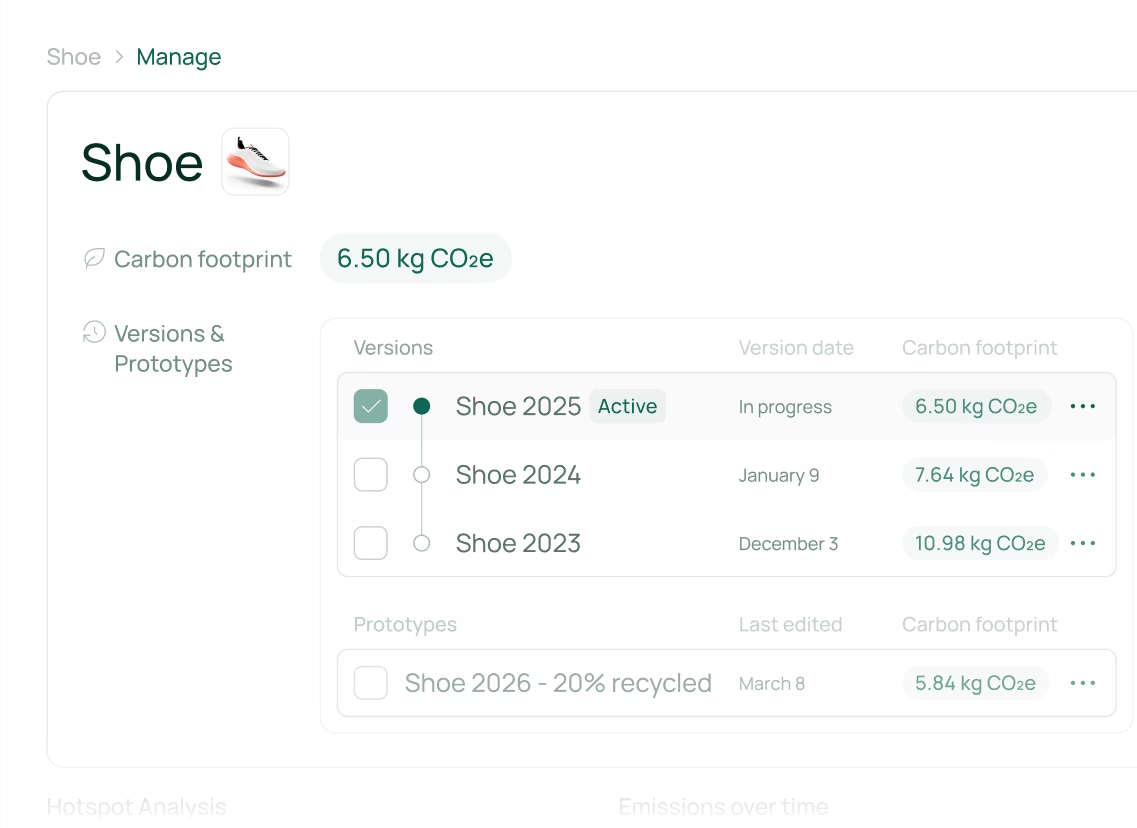



.webp)
%20Directive.webp)


.webp)




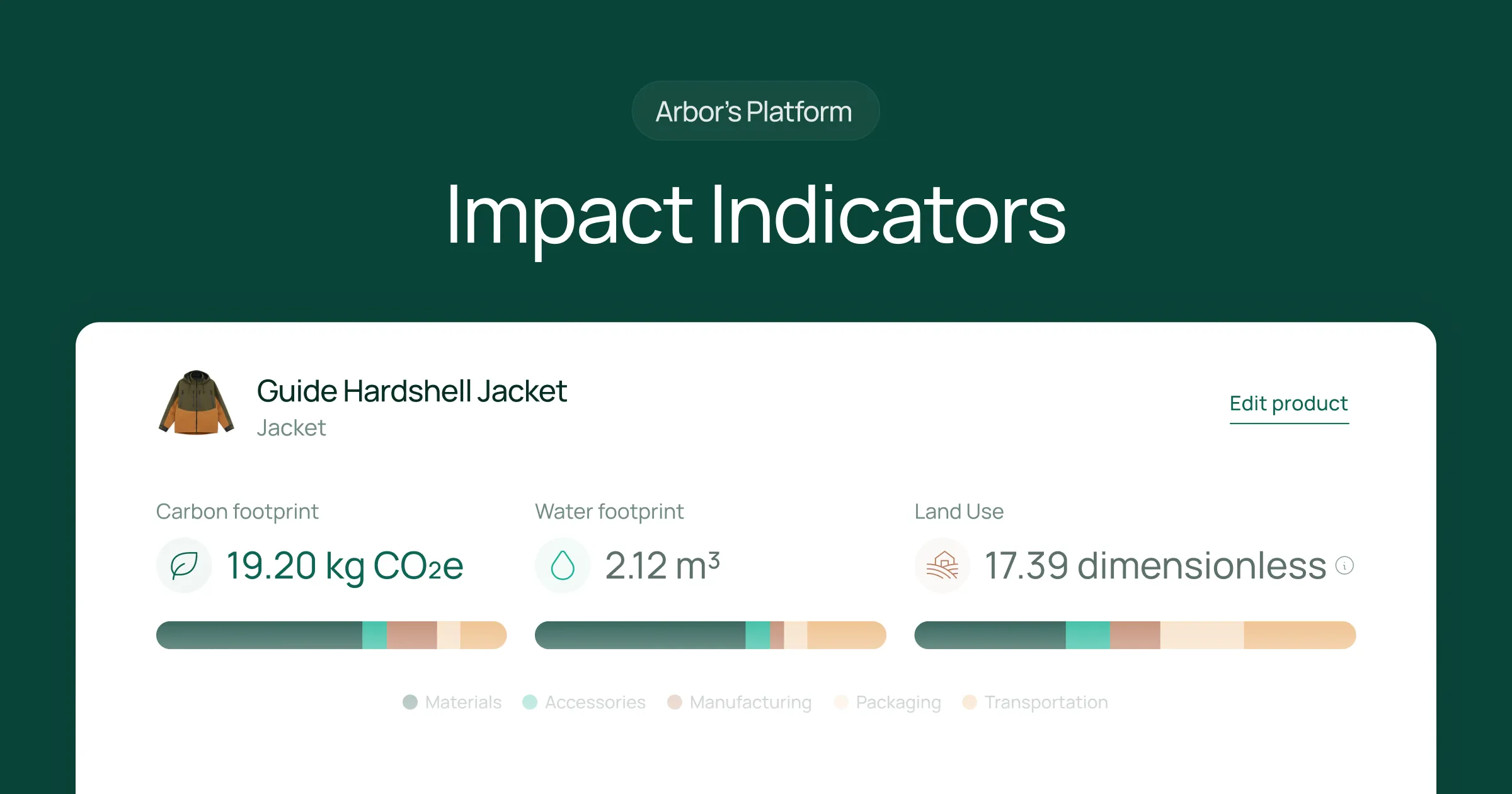
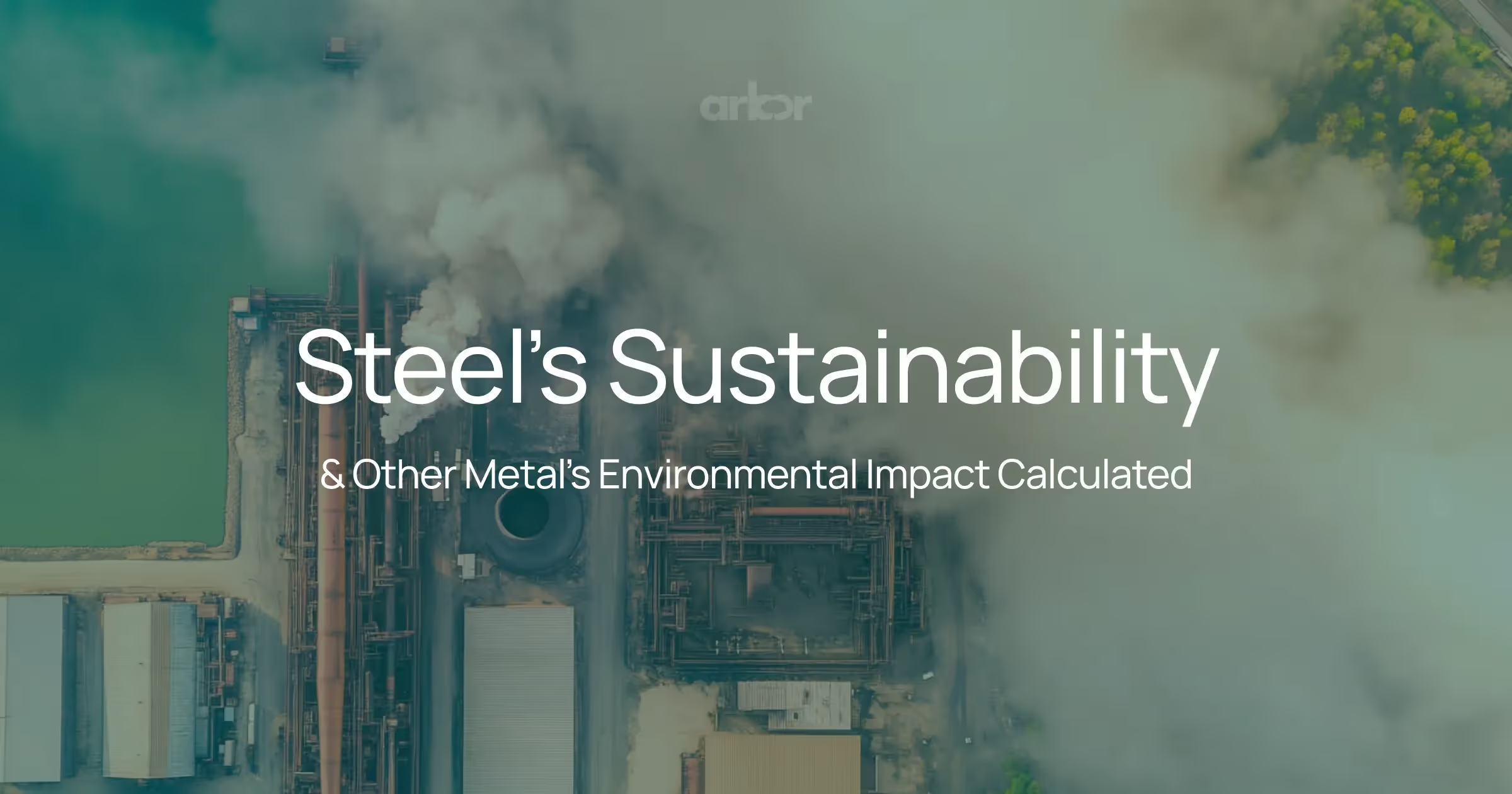

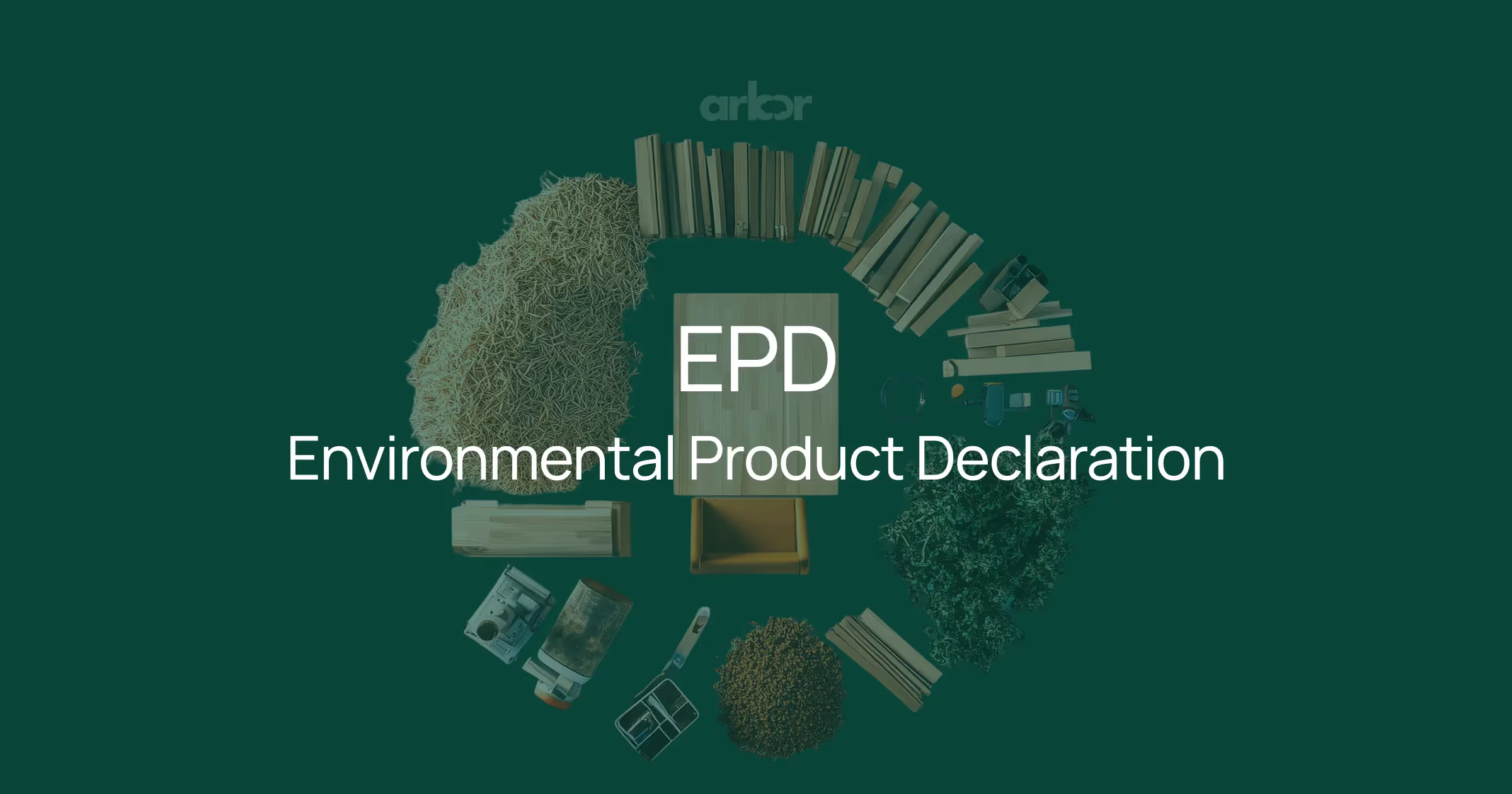
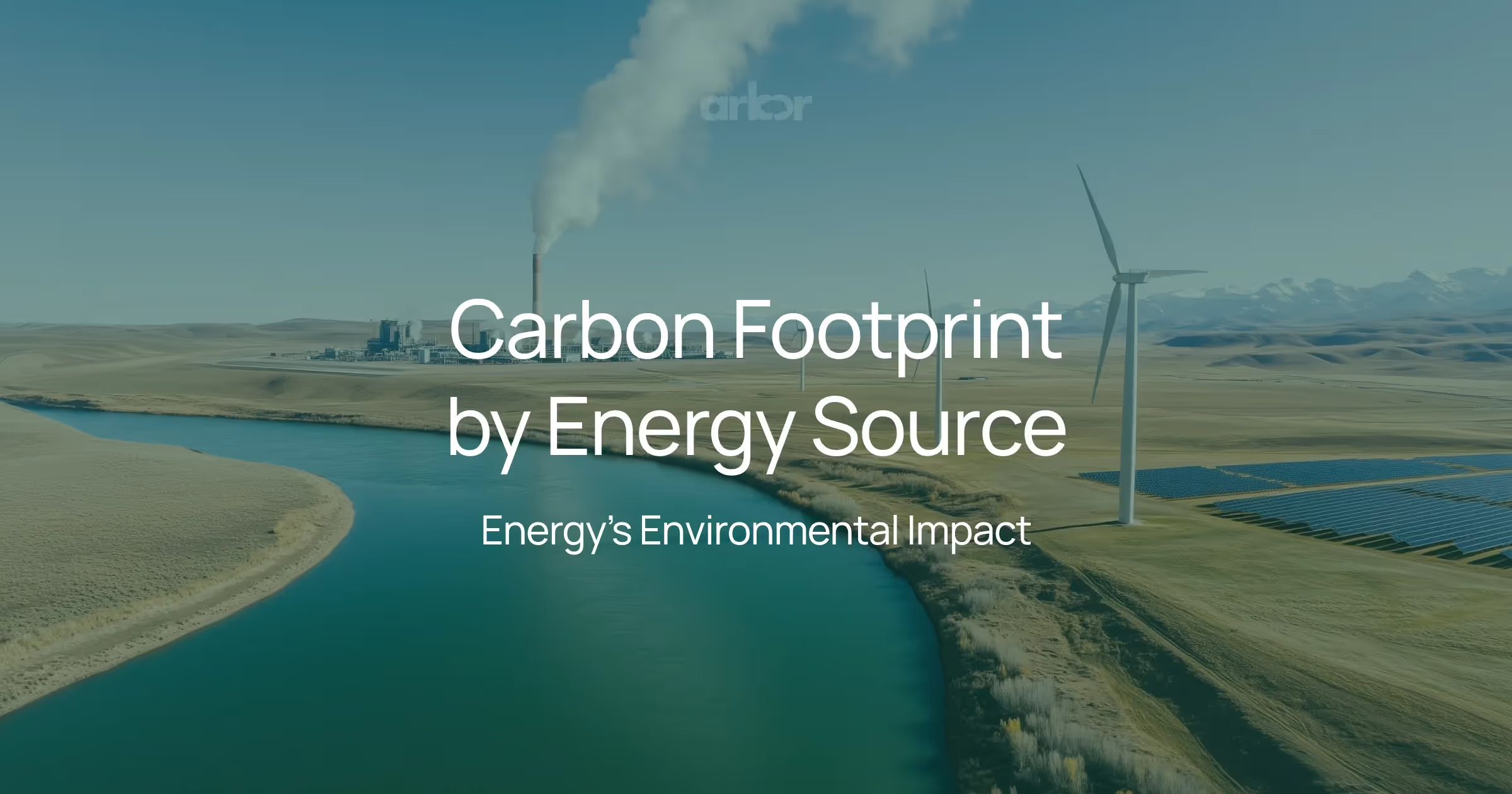


%20Arbor.avif)
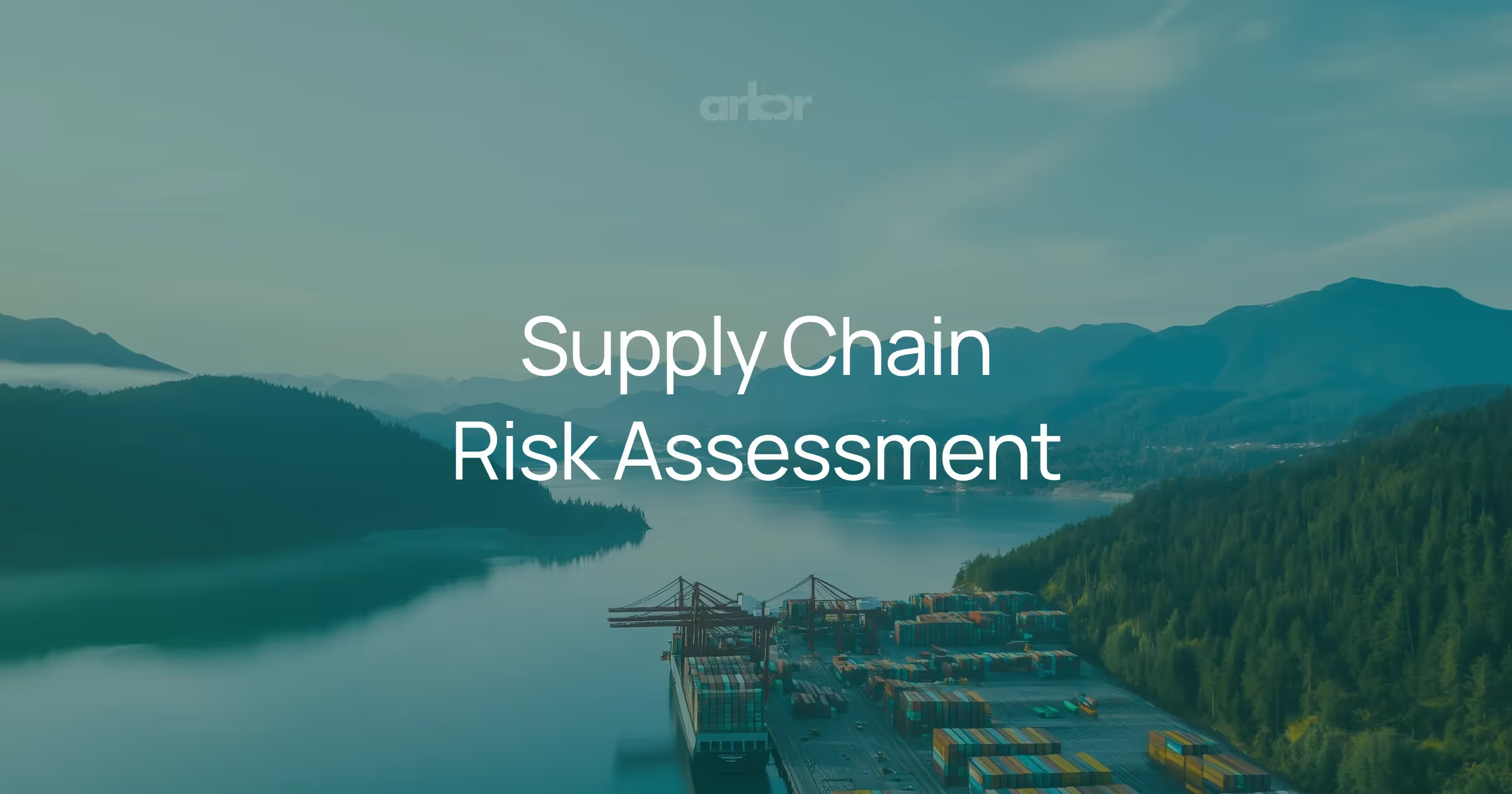
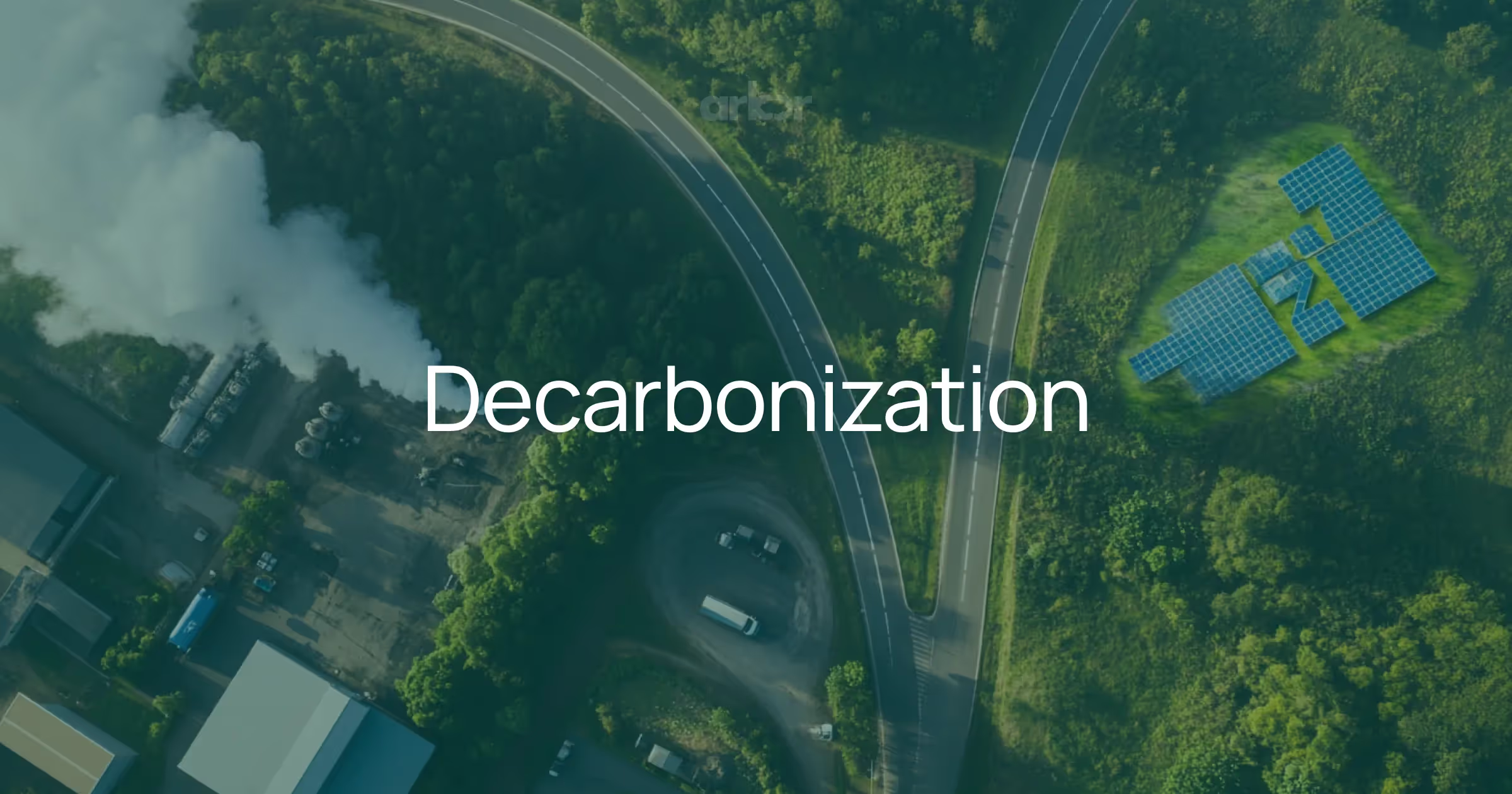



%20Arbor.avif)
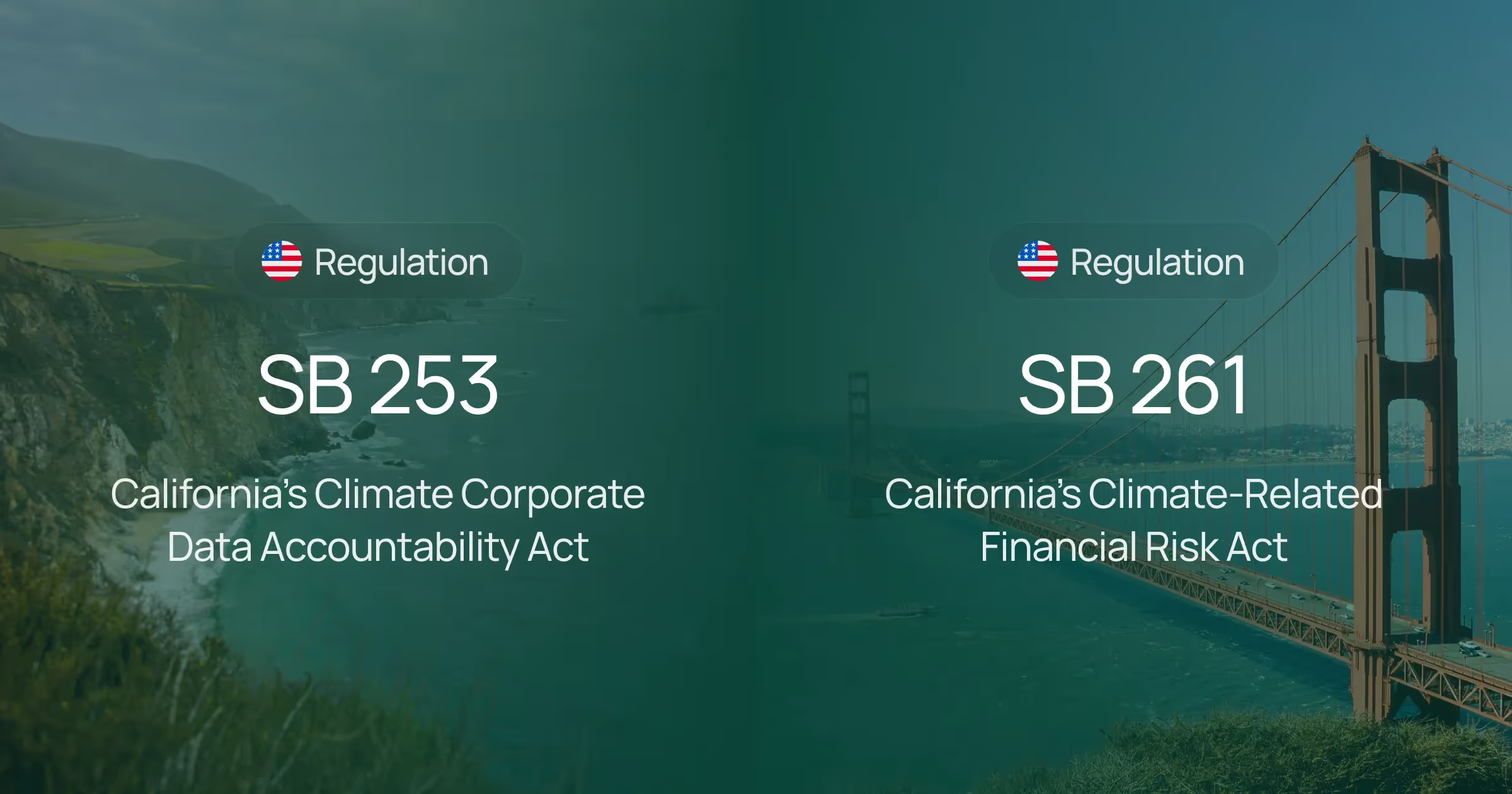

.avif)






%20Arbor%20Canada.avif)
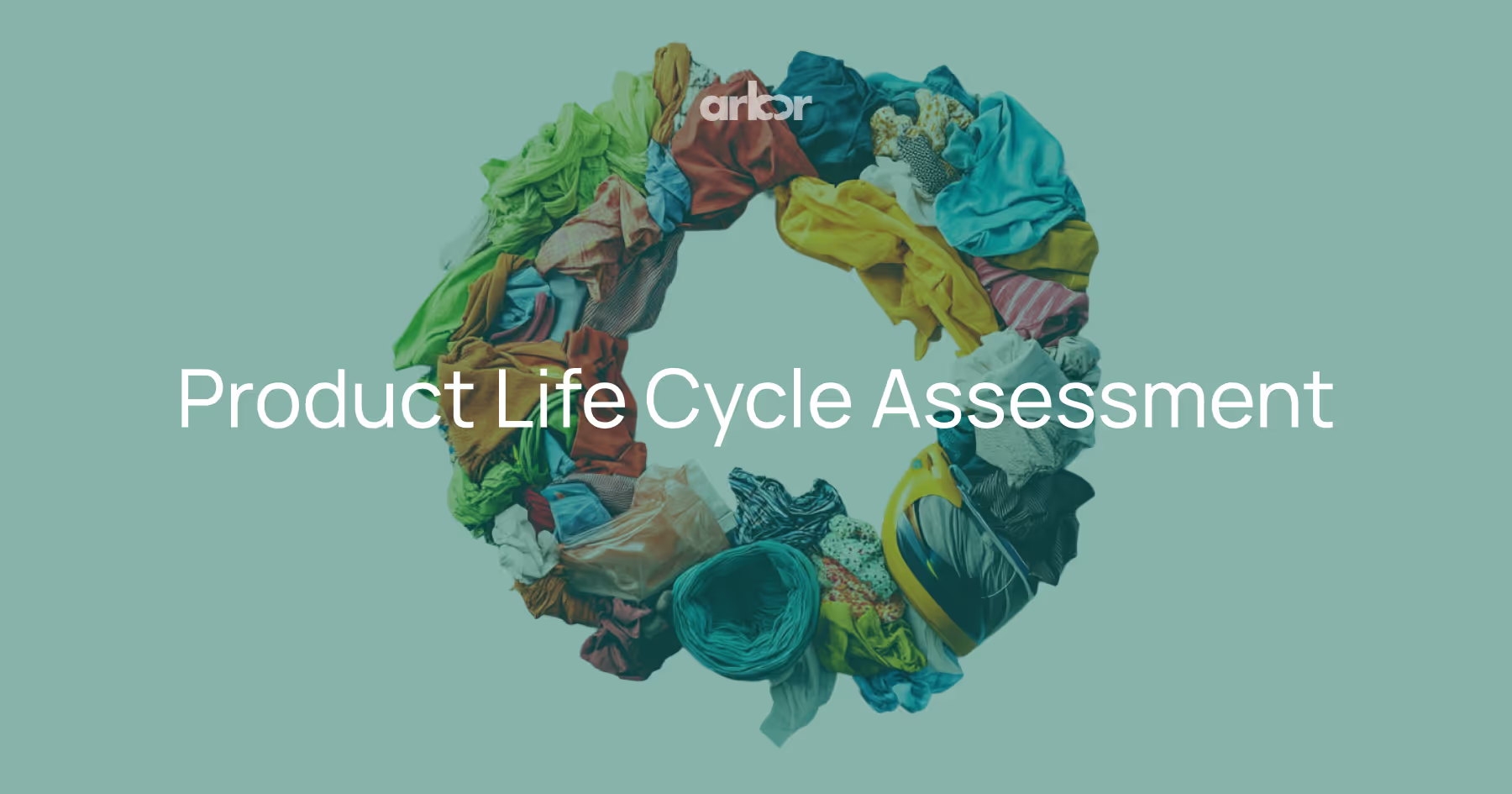
.avif)
%20Arbor.avif)
.avif)


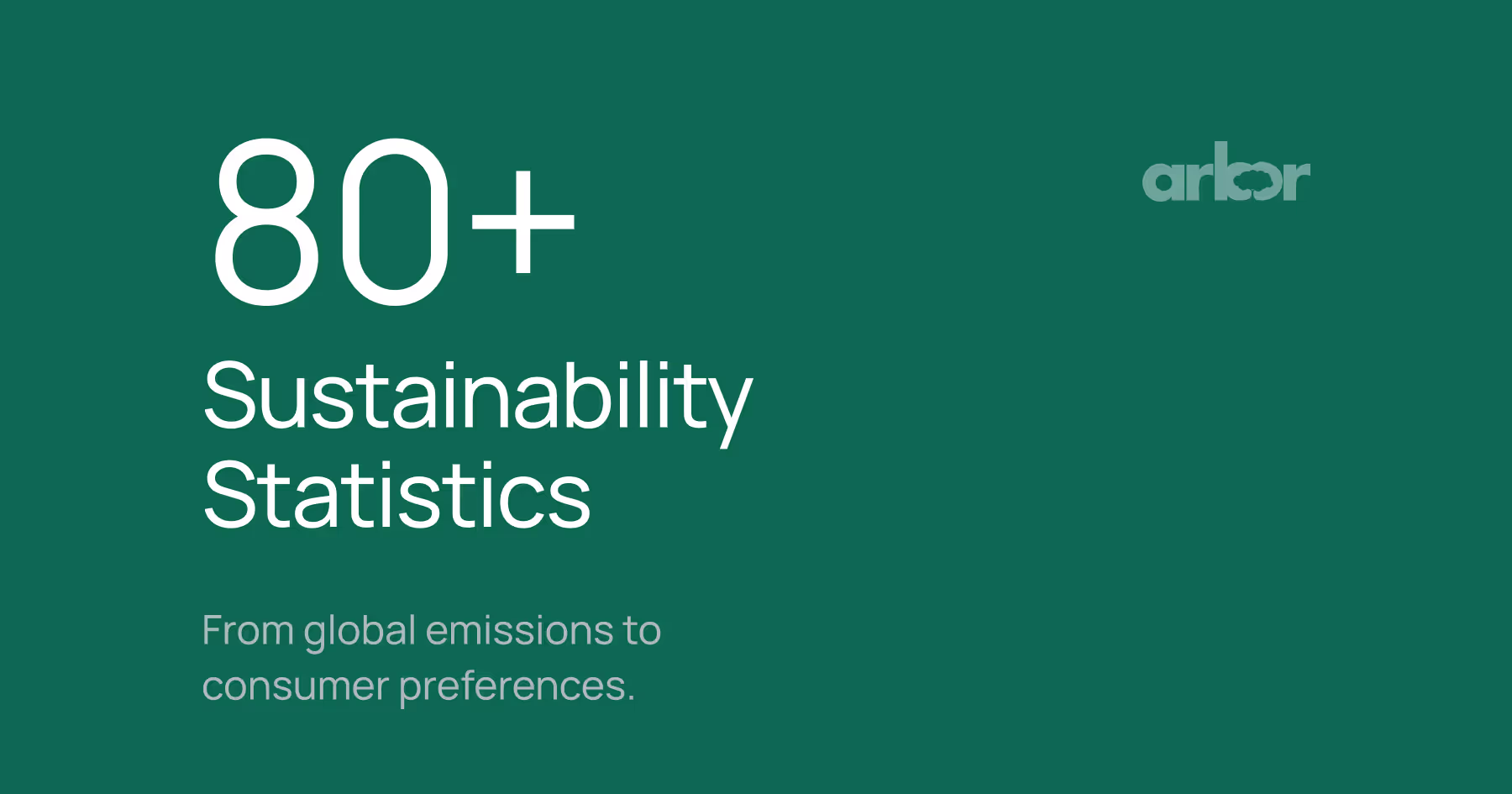



_.avif)
.avif)
%20Arbor.avif)




%20Software%20and%20Tools.avif)





.avif)
.avif)
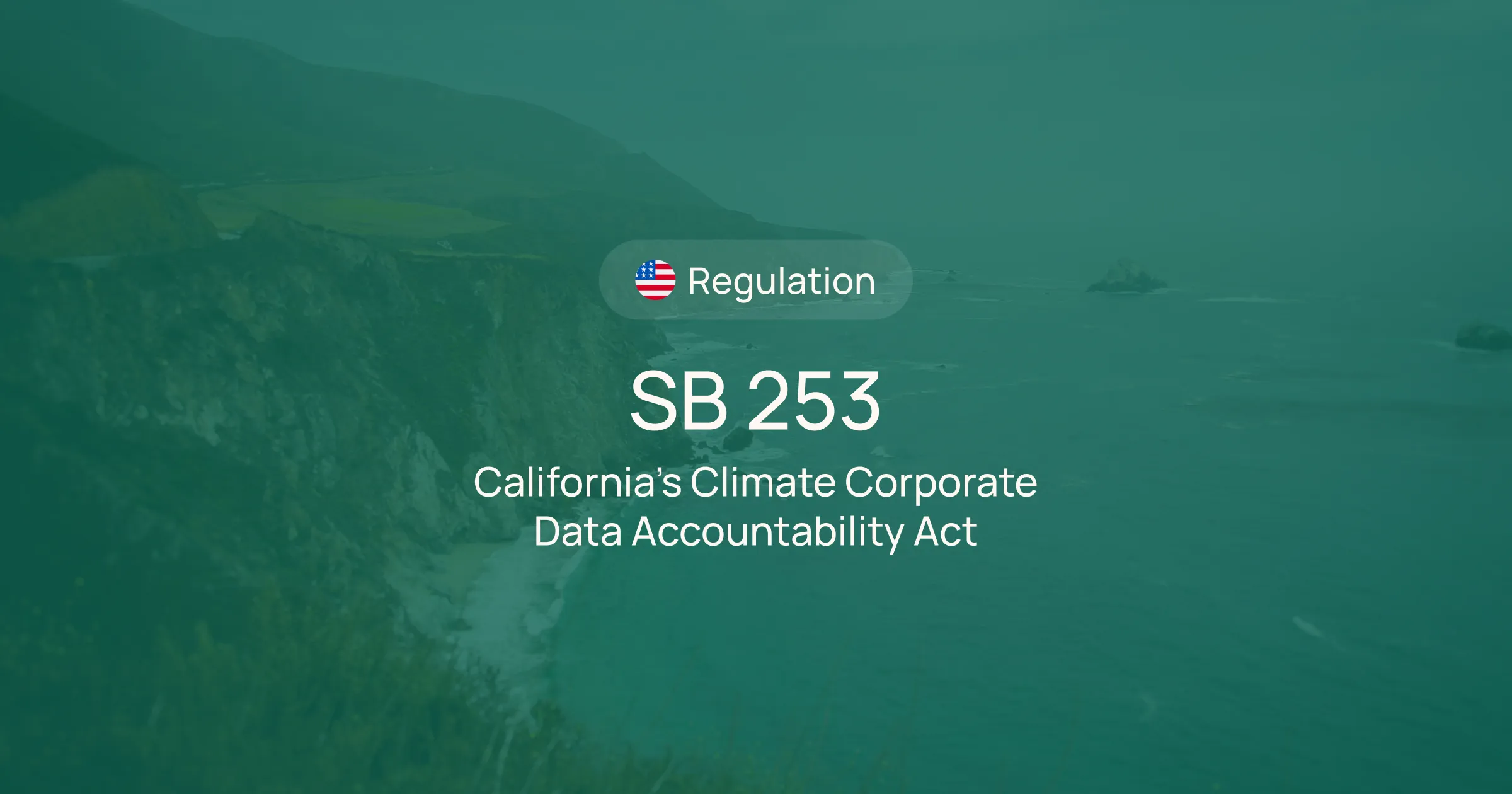


%20EU%20Regulation.avif)












.avif)


%20Arbor.avif)









_%20_%20Carbon%20101.avif)







.avif)

.avif)
.avif)









